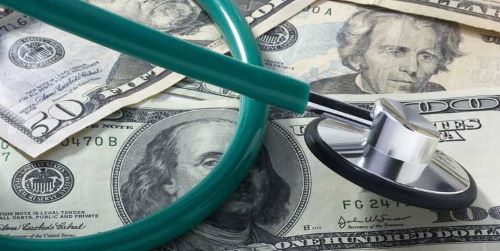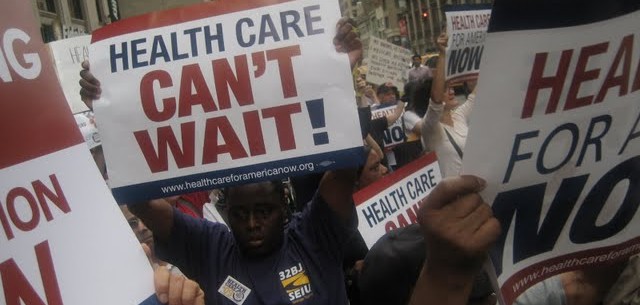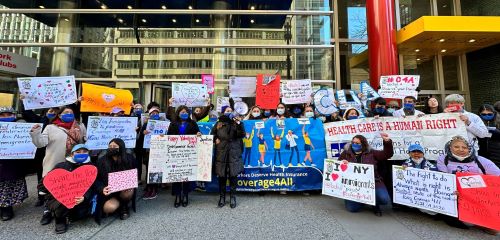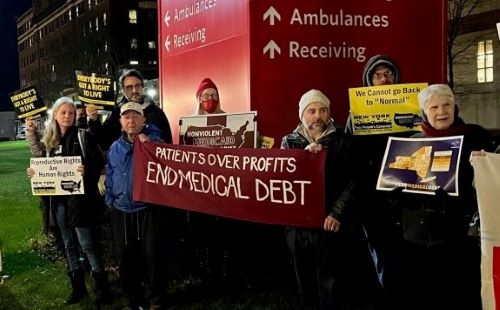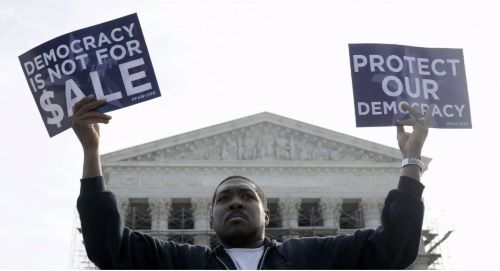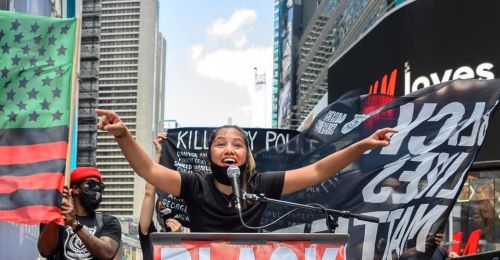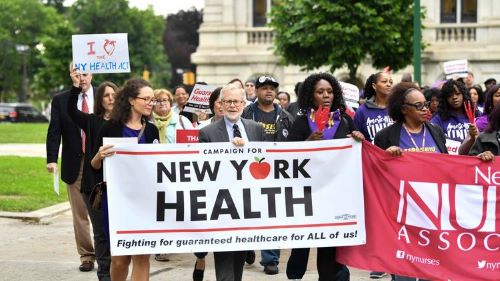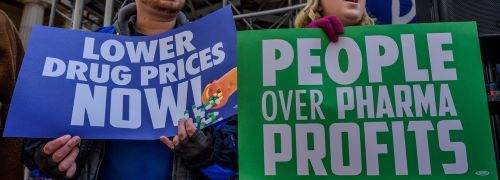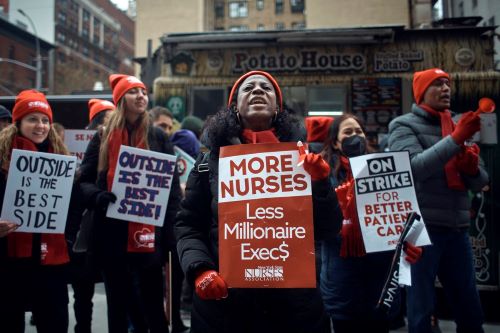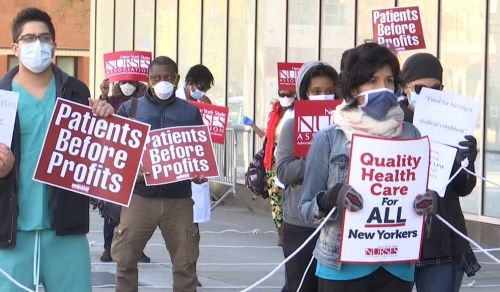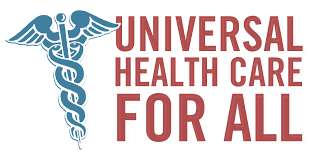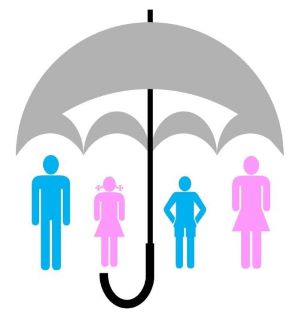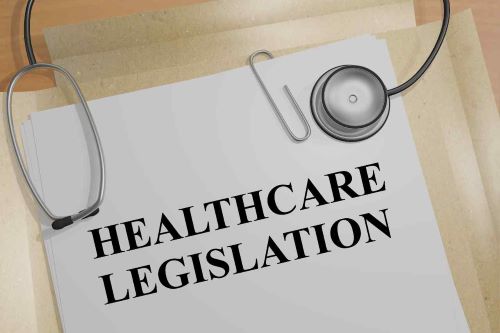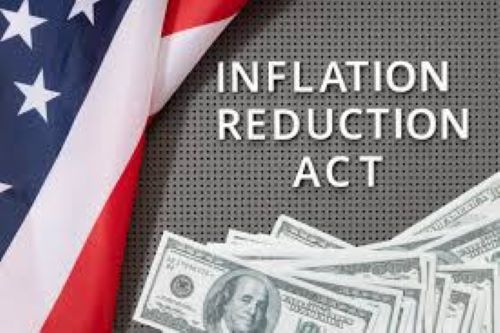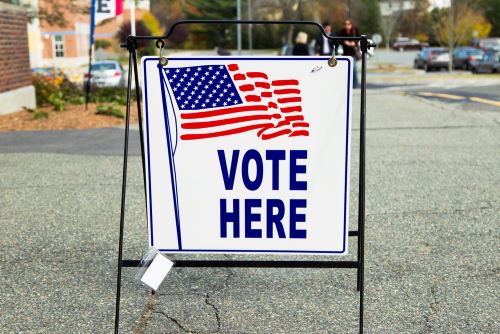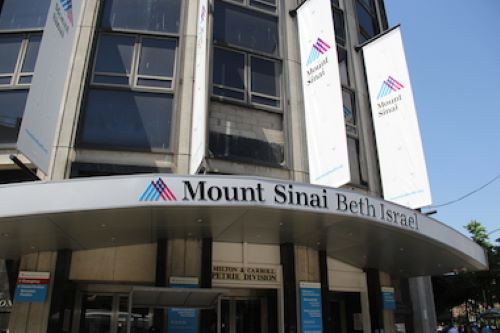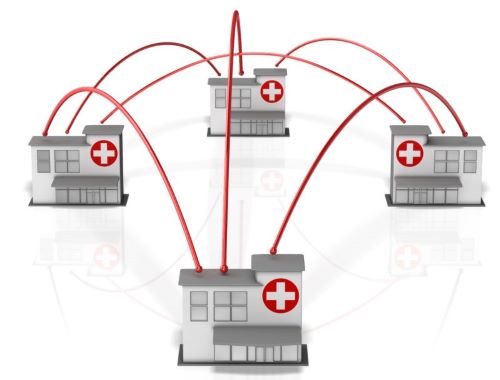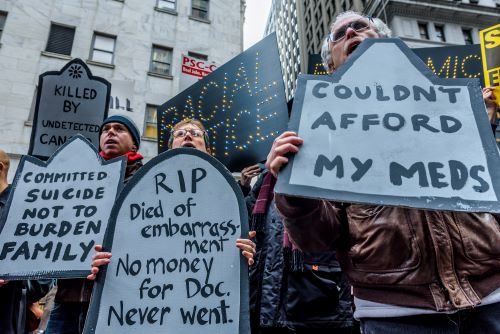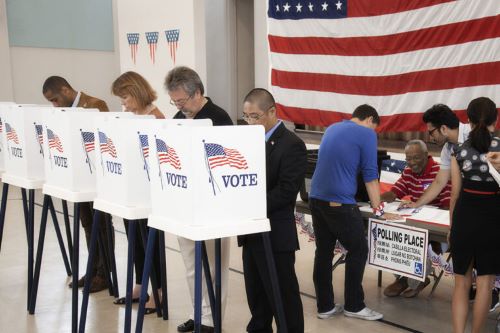The future of health care and democracy are both absolutely on the ballot this fall! Voter turnout will determine which direction we take on both, so it’s all-hands-on-deck time to “get out the vote”. If lots of people show up at the polls, the champions for health care and for democracy will prevail. It’s really that simple.
The key health care questions for voters are:
Will the next Congress continue to build on existing programs like Medicare, Medicaid, CHIP, and the Affordable Care Act to move us forward toward health care for all? Or will Congress strive to slash-and-burn bedrock health care and related social programs as best they can in order to pay for the never-paid-for Bush and Trump tax cuts for large corporations and the ultra-rich ($5.5 trillion in total.) …and possibly new similar ones?
Will Congress keep facing down Big Pharma to lower drug prices for everyone, or will they continue to let the industry keep ripping off patients and bankrupting families?
Will they protect women’s rights to comprehensive reproductive health care, or ban it in all states, regardless of our laws here in New York?
And of course, what about universal health care and Medicare-for-All?
Here in New York, will our next Governor and State Legislature continue to build on our very successful public programs (Medicaid, Child Health Plus, Essential Plan) and Affordable Care Act marketplace (aka New York State of Health) to provide comprehensive, quality, affordable health care for all New Yorkers? Or will they go after these public programs for being “too generous to too many”, and let Big Insurance reassert its hegemony?
Will they take on Big Medicine over its skyrocketing prices (particularly large hospital empires), or will they continue to let the industry keep driving patients into medical debt, and draining union and employer health benefit programs?
Will they preserve or repeal New York’s strong laws that guarantee a woman’s right to comprehensive reproductive health care?
And of course, what about universal health care via the New York Health Act or some other comprehensive plan?
Looming over all these particular health care questions is the future of democracy itself across our nation. While it has always been a work-in-progress yet to be fully realized here in the US, do we continue to expand and improve it, or do we throw it all away and turn toward authoritarian, religious nationalist, white supremacist fascism?
The fate of health care in the US and New York is intricately tied to the fate of democracy. We won’t get one without the other. Fighting for health care for all is fighting for democracy, and fighting for democracy is fighting for health care for all. As the slogan goes, “Same struggle, same fight!”
Early voting here in New York begins tomorrow (Sat. Oct. 29) and runs through Sun. Nov. 6th. Election Day follows on Tues. Nov. 8th. NOW is the time to roll up our sleeves and get voters to the polls. NOW is our opportunity –and obligation!– to put democracy into action, and to face down those who seek to destroy it.
What YOU can do:
- Join in get out the vote activities in your community, and in races that are strategic to the future. Let’s run up those vote totals to record numbers!
- Help voters understand “what’s at stake” in this year’s elections, and that their own vote really matters for our shared future.
- Help voters understand the candidates’ claims and counterclaims about the important issues of our time and the values that underly them. Health care is always in the top tier of them, election cycle after election cycle.
The good news is that voters are strongly with us on the issues of democracy, health care, tax fairness, and many other social justice matters. All we have to do now is get them to the polls. We can win this – it’s ours for the taking.
Only 12 days to go! We can do it!
